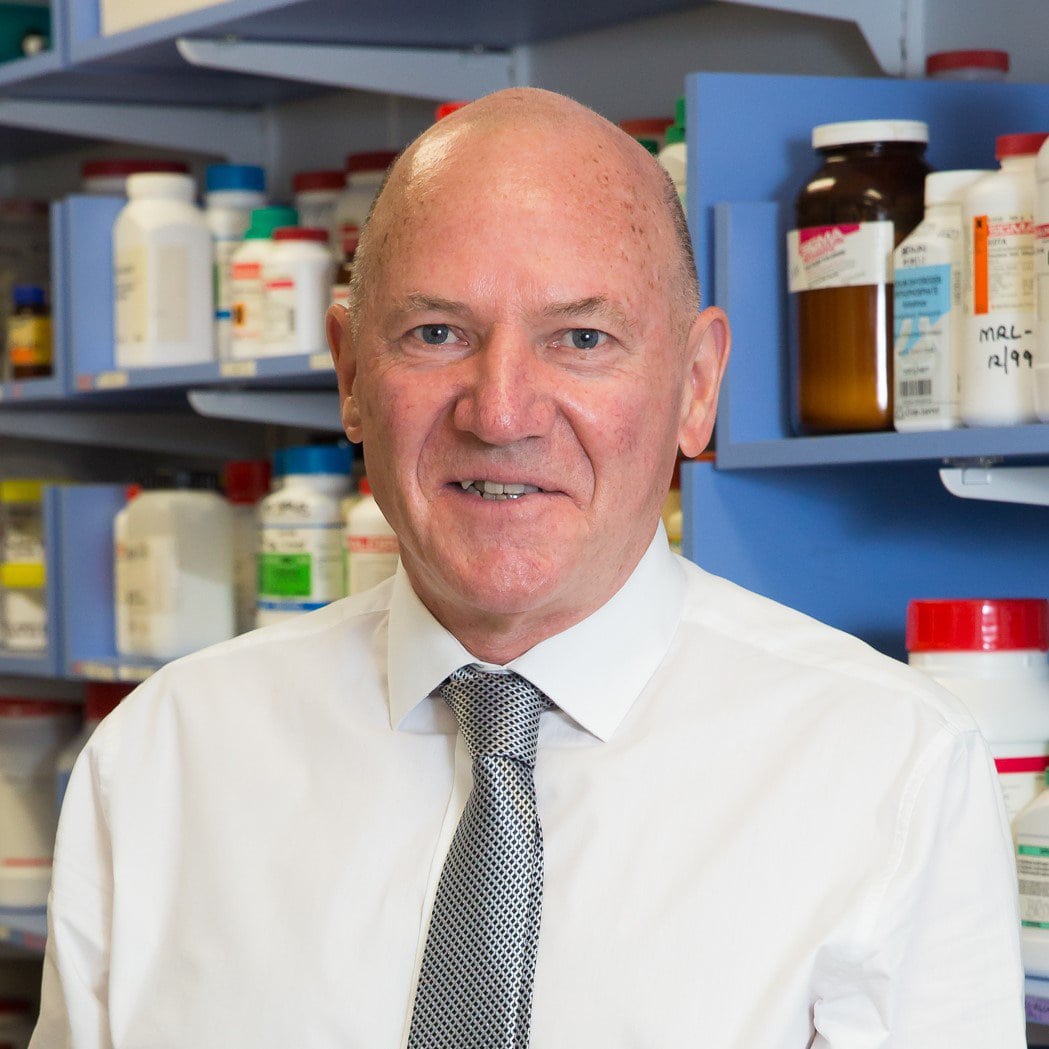
New hormonal approach for metastatic ER+ breast cancer
Published: 05/11/23 8:35 AM

Wayne Tilley
Project Description: Around 70% of breast cancers express the estrogen receptor (termed estrogen receptor positive (ER+) breast cancer). Estrogen is a normally occurring growth factor, important for the expansion of these tumours. Standard of care management usually includes hormonal treatments that reduce activity of ER in breast cancer cells. While successful for most women, around 30% of patients either do not respond or develop resistance to this type of treatment, which can lead to lethal metastatic disease. Most breast cancers, including almost all ER+ tumours also have androgen receptors (ARs), that when stimulated, limit the growth of the cancer. The research expands on breakthrough discoveries from Prof Wayne Tilley and colleagues and funded by NBCF that showed that activation of ARs can be more effective at preventing tumour growth in pre-clinical models of ER-driven breast cancer compared to shutting down ER. In this study, the team will use preclinical models of ER+ metastatic disease to investigate the potential of this new hormonal approach to prevent or delay the spread of the cancer to vital organs. The study will further identify other proteins activated by AR, that could serve as biomarkers of treatment response or provide additional drug targets.
Why the Work is Needed: ER+ breast cancer is the most commonly diagnosed subtype of breast cancer and while most patients will benefit from treatments that reduce the activity of ER, resistance to these drugs occurs in around 30% of patients and can lead to metastasis, the primary cause of breast cancer mortality. The development of new treatments that can overcome anti-estrogen resistance and prevent the spread of these cancers are desperately needed to reduce breast cancer mortality.
Expected Outcomes: Outcomes from this study will provide evidence that AR-stimulating drugs can prevent or delay ER+ breast cancer cells spreading to vital organs and provide a biomarker of response. The study will also provide the necessary pre-clinical data to inform the investigation of this new hormonal treatment in subsequent clinical trials.
Project Details
Around 70% of breast cancers express the estrogen receptor (termed estrogen receptor positive (ER+) breast cancer). Estrogen is a normally occurring growth factor, important for the expansion of these tumours. Standard of care management usually includes hormonal treatments that reduce activity of ER in breast cancer cells. While successful for most women, around 30% of patients treated either do not respond or develop resistance to this type of treatment (relapse), leading to lethal metastatic disease.
This study led by Prof Wayne Tilley from the University of Adelaide aims to investigate a new hormonal treatment involving activation of androgen receptors (AR), naturally occurring receptors that can limit the growth of normal breast tissue. While androgen hormones s are present in males they are also found at lower levels in women, where they function as the critical precursor hormones for estrogens, as well as having their own androgenic effects via the androgen receptor (AR) in target cells. Most breast cancers, including almost all ER+ tumours, have androgen receptors (ARs).
In previous work funded by NBCF, Prof Wayne Tilley and the team showed that activation of ARs can be more effective at preventing tumour growth in pre-clinical models compared to existing standard of care drugs that can reduce the activity of ER. Whilst these results led to clinical trials, clinical implementation has been hindered due to the lack information on the effectiveness of this new hormonal strategy for preventing or suppressing metastasis and the lack of biomarkers to identify those women who are most likely to benefit from the new treatment.
With this NBCF support, Prof Wayne Tilley will use clinically relevant ER+ breast cancer models to examine the impact of AR activating drugs on tumour growth and progression to advanced disease, especially spread to other organs. The resulting molecular changes following AR activation will be examined with the aim to identify potential biomarkers of treatment response.
The ultimate goal of this study is to provide the proof that activating ARs can prevent or delay ER+ breast cancer cells from spreading to vital organs and provide the necessary pre-clinical data to support the investigation of this new hormonal treatment in subsequent clinical trials.